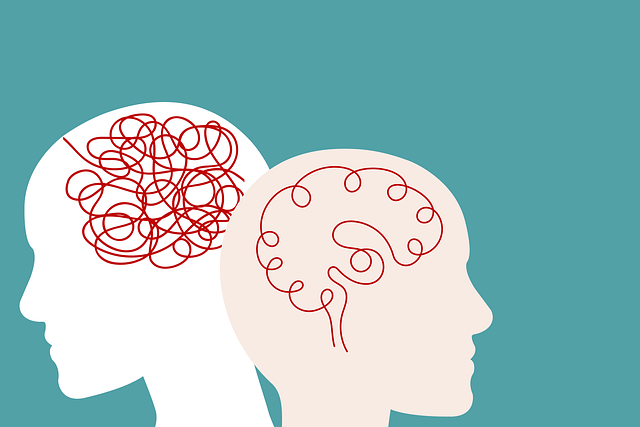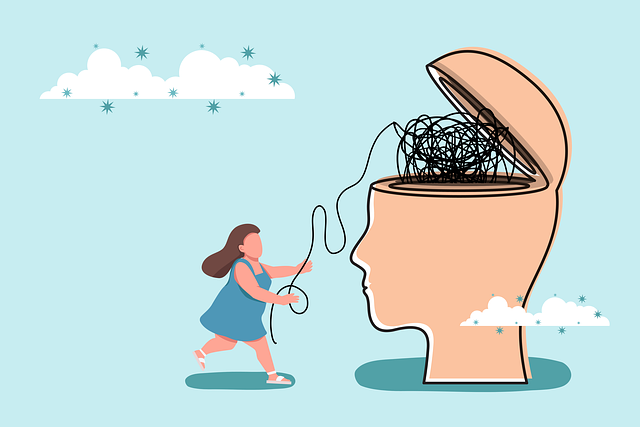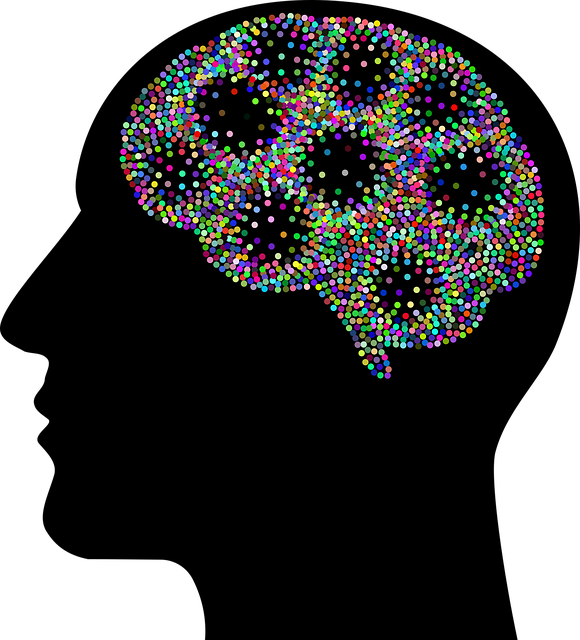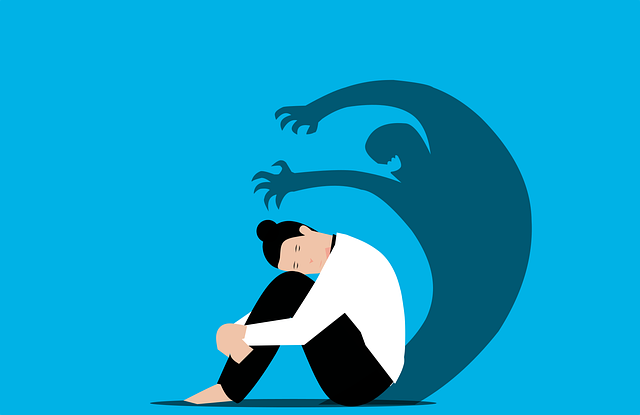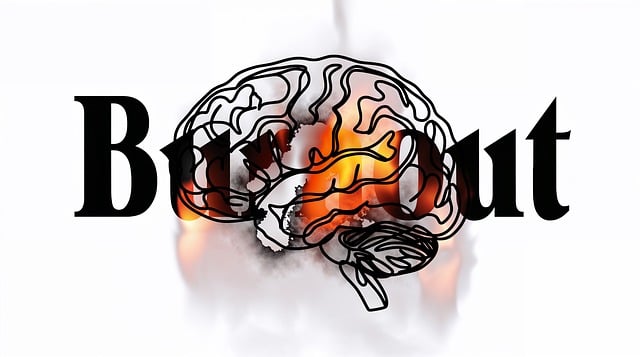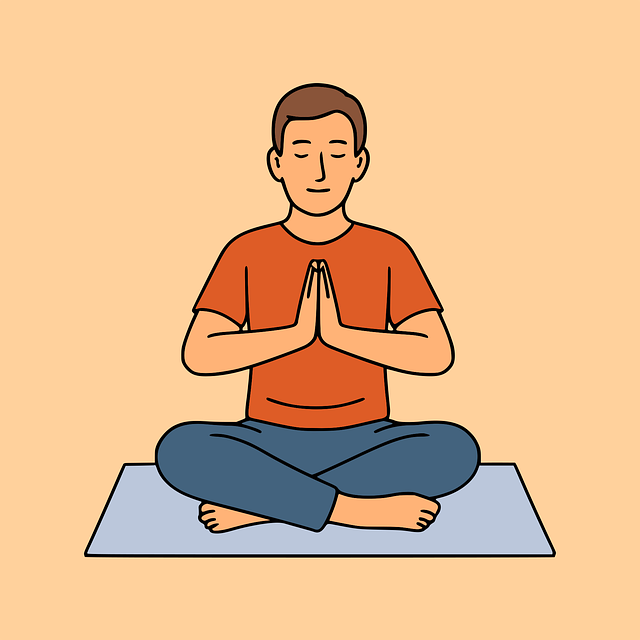Mindfulness meditation, gaining popularity in Lafayette Child Abuse Therapy, offers a proven path for personal growth and healing through present-moment awareness without judgment. Regular practice improves emotional well-being, fosters resilience, enhances self-compassion, concentration, and mental clarity while reducing stress, benefiting both individuals seeking therapy and healthcare providers. Integrating mindfulness into daily life through small practices cultivates presence and long-term mental health benefits, potentially preventing depression. Lafayette Child Abuse Therapy combines these strategies to heal vulnerable individuals.
Discover the transformative power of mindfulness meditation with Lafayette Child Abuse Therapy. This practice, rooted in ancient wisdom, offers a path to healing and personal growth. Our comprehensive guide breaks down key aspects, from understanding its benefits to establishing a consistent routine. Learn practical tips and strategies to seamlessly integrate mindfulness into your daily life, reaping long-term advantages for mental well-being and overall resilience.
- Understanding Mindfulness Meditation for Healing and Growth
- Establishing a Consistent Practice: Tips and Tricks for Success
- Incorporating Mindfulness into Daily Life: Strategies for Long-Term Benefits
Understanding Mindfulness Meditation for Healing and Growth

Mindfulness meditation is a powerful tool for healing and personal growth, offering a unique approach to managing mental health challenges. By focusing on the present moment and cultivating awareness without judgment, individuals can tap into a profound process of self-discovery. This ancient practice has gained modern prominence, especially in fields like Lafayette Child Abuse Therapy, where it proves effective in supporting victims’ emotional well-being and resilience.
Incorporating mindfulness meditation into therapy sessions facilitates a deeper connection with one’s thoughts and emotions, aiding in the processing of traumatic experiences. It empowers individuals to develop self-compassion, improve concentration, and enhance overall mental clarity. Moreover, the benefits extend beyond therapy settings; public awareness campaigns development and mental health policy analysis can greatly benefit from promoting mindfulness as a tool for stress reduction and burnout prevention among healthcare providers, as supported by research on burnout prevention strategies for healthcare providers.
Establishing a Consistent Practice: Tips and Tricks for Success

Establishing a regular mindfulness meditation practice is a powerful tool for enhancing emotional well-being and promoting resilience, especially in individuals who have experienced trauma, such as those seeking Lafayette Child Abuse Therapy. Consistency is key when it comes to reaping the benefits of this ancient practice. To begin, set aside dedicated time each day for your meditation practice, even if it’s just a few minutes. Consider incorporating it into your morning routine or before bedtime to create a sense of calm and clarity throughout the day.
Create a peaceful environment that supports your focus by turning off notifications, dimming the lights, and using scented candles or essential oils (if preferred). Start with simple breathing exercises, focusing on each inhale and exhale, allowing your mind to become still. As you progress, introduce guided meditations or use meditation apps that offer step-by-step instructions for various techniques. Remember, building empathy and stress reduction methods can greatly enhance the benefits of mindfulness, fostering a deeper sense of self-awareness and connection with others.
Incorporating Mindfulness into Daily Life: Strategies for Long-Term Benefits

Incorporating mindfulness into daily life isn’t about setting aside dedicated time for meditation in a quiet room—though that can be beneficial. Instead, it’s about integrating small, mindful practices throughout your day to cultivate awareness and presence. This could mean engaging your senses during a morning routine, taking mindful breaks during work, or practicing gratitude before meals. Think of it as weaving mindfulness into the fabric of your everyday experience, much like Lafayette Child Abuse Therapy intertwines healing with vulnerable individuals’ lives.
By consistently applying these strategies, you can harness the long-term benefits of mindfulness—including stress reduction methods and burnout prevention—to navigate life’s challenges with greater resilience. Remember, even small acts of presence can have a profound impact on mental health and overall well-being, potentially serving as depression prevention tools within your own life story.
Mindfulness meditation, as explored through this guide, offers a powerful tool for healing and personal growth, especially relevant in navigating life’s challenges. By establishing a consistent practice, incorporating mindful strategies into daily routines, and seeking support from professionals like those at Lafayette Child Abuse Therapy, individuals can unlock profound benefits that enhance overall well-being. Embrace the journey of mindfulness with dedication, and witness its transformative effects on your mind, body, and spirit.

